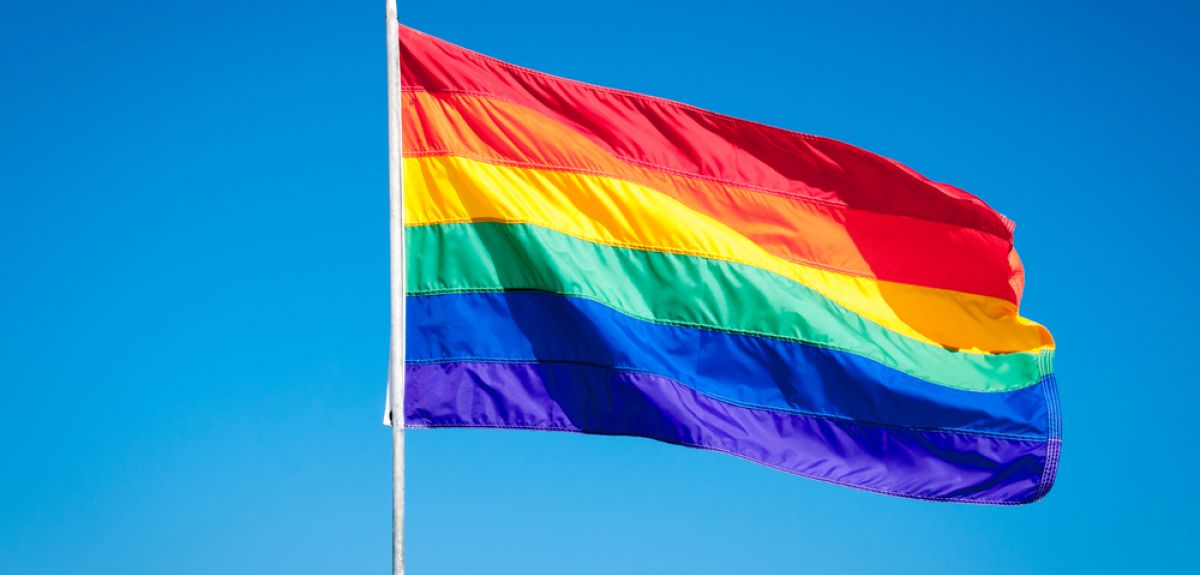
Coronavirus welfare advice: LGBT+ at Home
The University Counselling Service is producing a series of articles and podcasts to support students during the coronavirus pandemic. This time we offer advice on being at home with family who struggle to accept your identity.
It may be that for the period of pandemic lockdown, you have had no alternative but to return home to family who do not yet know about, or who do not accept your sexuality or gender identity. If so, this could be a very challenging time for you.
For so many young adults, university is a safe haven where it is possible—often for the first time—to be open with others about sexuality and/or gender, to build comfort and confidence expressing these aspects of identity, and to experience the acceptance and respect of others. Having to leave this accepting environment and return to a family home where your sexuality or gender is not accepted may feel devastating. You may face overt expressions of hostility from family members. Or they may turn a blind eye, and insist on treating you like the person they wish you were, instead of the person you actually are. This can be just as hard to take.
How can you take care of yourself in this situation?
Remind yourself that the situation is temporary. Lockdown may feel endless, but there will be a time—perhaps not far off—when you can pick up the thread of your Oxford life. Meanwhile, provided that you are safe at home, resolve to make the best you can of the current situation. (If you have fears about your safety, see below for suggestions.)
Make a commitment to yourself that you will do everything in your power to maintain and consolidate the gains you have made at university: the things you have learned about yourself, the risks you have taken, the experiences that have shaped you, your emerging vision of what you want for yourself in the future.
Maintain regular contact with your university friends and others who see you clearly and accept you as you are. We all see images of ourselves reflected back to us in the eyes of others. These ‘mirrors’ shape how we see and feel about ourselves. If you are seeing negative images of yourself reflected in the eyes of family members, it becomes all the more important to have access to the loving and accepting gaze of others who can see you for who you are.
Take good care of yourself. Treat yourself like a valuable person whose needs count. This can be hard to do when living with others who do not seem to see you this way. You may need to be doubly determined to look after yourself in every way you can: eat healthily, get regular sleep, get out for fresh air, make sure you have things in your diary to look forward to, spend time with people who make you smile.
Connect with communities online. There are a number of online groups and societies offering LGBT+/queer support at this time, including groups supporting those from particular cultural or faith backgrounds where LGBT+ identities are contested. Online dating apps and websites have their place but remember they are not structured to provide the communal support that might help at this time. Visit supportive websites, read affirming and inspiring literature, and listen to music or podcasts that express your identity and your feelings.
Remember that the pandemic is unlikely to bring out the best in your family, and try not to take any negative comments and behaviour at face value. Often people who feel anxious and powerless become less thoughtful and more emotionally reactive. If you can see their behaviour in context, and recognise that it may be a response to the pandemic rather than a response to you, this may help you to feel less wounded.
If you feel at risk of harm, please reach out to people who can help:
Police 111 (non-emergency) or 999 (you can use the silent solution if you can’t talk, by pressing 55 when prompted on a 999 call).
Galop (Domestic and family abuse helpline for LGBT+ people)
Albert Kennedy Trust (Helps young people <25 who are at risk or who have been made homeless because they are LGBT+) akt - LGBTQ+ youth homelessness charity
Your college Welfare Team
If you would like to speak with a counsellor, don’t hesitate to reach out. The university counselling service is open for business and available to support you.
For a range of additional supportive resources, go to the Counselling Service webpages.
The Coronavirus welfare advice: Being an adult at home blog also offers advice on how to navigate being an adult at home.
 Student story: Finding space for Kosovo at Oxford
Student story: Finding space for Kosovo at Oxford
 Oxford students shortlisted as McCall MacBain Scholarship finalists
Oxford students shortlisted as McCall MacBain Scholarship finalists
 Student story: My time at Oxford has been deeply transformative
Student story: My time at Oxford has been deeply transformative
 Welfare blog: Dealing with imposter syndrome
Welfare blog: Dealing with imposter syndrome
 Student story: Rowing sabbatical officer
Student story: Rowing sabbatical officer